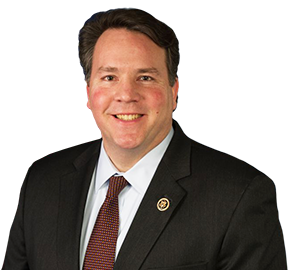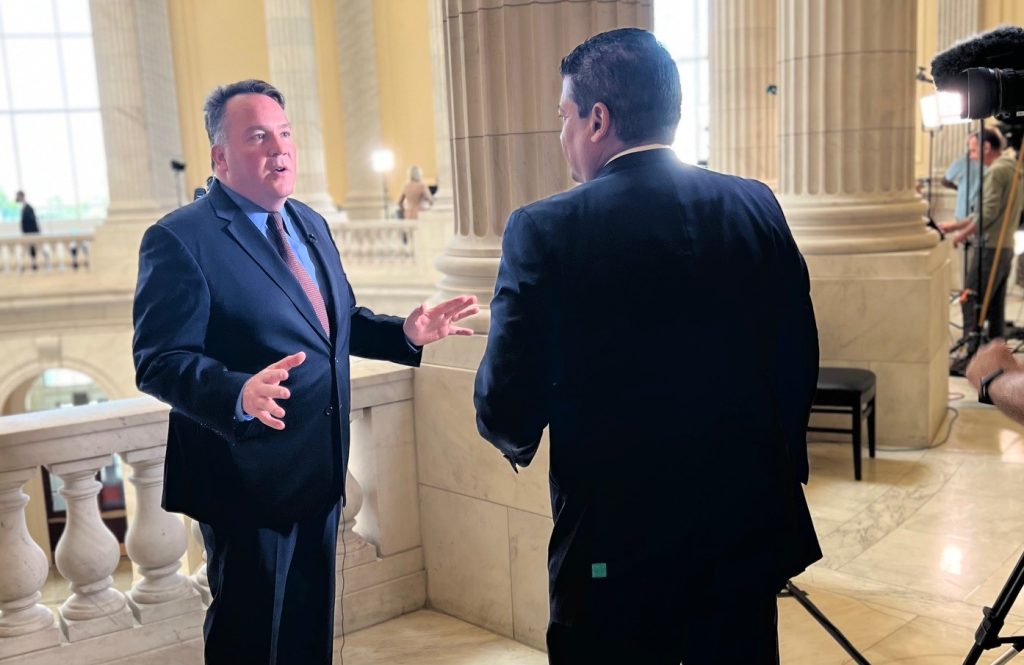Congressman Alex X. Mooney introduced a discharge petition to bring H.R.69 – Sunshine Protection Act of 2021 to the House Floor for immediate consideration.
The legislation would end the twice-a-year clock change that takes place every November and March.
Earlier this year, Senator Marco Rubio introduced legislation in the U.S. Senate to make Daylight Saving Time (DST) permanent across the country. This bill passed the Senate unanimously. Congressman Vern Buchanan, introduced companion legislation in the House of Representatives that has been put on the backburner by House leadership.
“Today, I initiated a discharge petition to bring this bi-partisan legislation up for immediate consideration.” Changing our clocks twice a year is inconvenient and entirely unnecessary. It’s time to end this antiquated practice,” said Congressman Alex X. Mooney. “There are enormous health and economic benefits to making daylight saving time permanent. I urge my colleagues to sign this discharge petition and never reset your clocks again.”
Potential effects of making Daylight saving time permanent for the nation:
- Reduces car crashes and car accidents involving pedestrians: better aligning daylight hours to drivers’ standard work hours’ increases visibility, according to the American Journal of Public Health and the Journal of Safety Research. Also reduces the number of vehicle collisions with wildlife by 8 – 11 percent by shifting normal traffic patterns to an hour off from nocturnal wildlife’s behavior.
- Reduces risk for cardiac issues, stroke and seasonal depression.
- Reduces the number of robberies by 27 percent, according to a 2015 Brookings Institution because of additional daylight in the evenings.
- Benefits the economy, according to a study by JP Morgan Chase, which found that there is a drop in economic activity of 2.2 percent – 4.9 percent when clocks move back.
- Reduces childhood obesity and increases physical fitness, according to studies published by the International Journal Behavioral Nutrition and Physical Activity and the Journal of Physical Activity and Health, children see an increase in physical activity during DST. The Journal of Environmental Psychology found that DST increased pedestrian activity by 62% and cyclists activity by 38% because of additional daylight.
- Benefits the agricultural economy, which is disproportionately disrupted by biannual changes in time by upsetting the synergy between farmers’ schedules and their supply chain partners.
- Reduces energy usage, a 2008 study by the U.S. Department of Energy found that during the 4 weeks the U.S. extended daylight savings from the 2005 law, there were savings of about 0.5 percent in electricity per day. Later studies have also shown that the energy savings are minimal but a small savings does occur.


